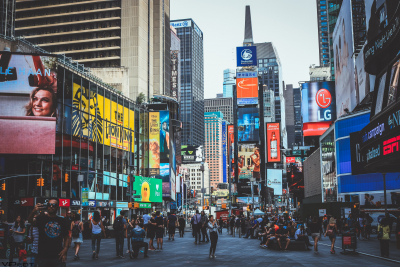


While aggregate global health status has improved substantially in recent decades, these gains have not been distributed evenly and there is rising international concern about global epidemics of non-communicable diseases, mental health problems and emerging infectious diseases.
Cities are now the dominant human habitat and for the foreseeable future most population growth will be in urban areas. According to the World Health Organisation WHO), by 2050 over 68% of the world’s population will live in cities.
While urbanization has contributed to overall declines in poverty, emerging challenges put the health and well-being of people in cities at risk. Therefore, a better understanding of the linkages, dynamics and complexities of urban environments is needed.
IAP has this joined the International Science Council and the International Society for Urban Health in an Urban Health & Wellbeing programme that proposes a new conceptual framework for considering the multi-factorial nature of both the determinants and the manifestations of health and well-being in urban populations.
Depei Liu, IAP President and IAP Health Co-chair, has recently been appointed as IAP representative at the Steering Committee of the Urban Health and Wellbeing programme, which will inform and guide the activities.
“In the coming decades, protecting and promoting health will increasingly depend on decisions made within and about urban systems. I hope our work will make sure the best scientific evidence is used to promote effective policies to achieve health equity in urban areas worldwide,” he said.
IAP Young Physician Leaders alumnus Suraj Bhattarai (Nepal Academy of Science & Technology), Akinyinka Omigbodun (Department of Obstetrics & Gynaecology, University College Hospital, Ibadan, Nigeria), and Paulo Saldiva (Brazilian National Academy of Medicine) are the IAP experts selected for the Scientific Committee of the Urban Health and Wellbeing programme.
